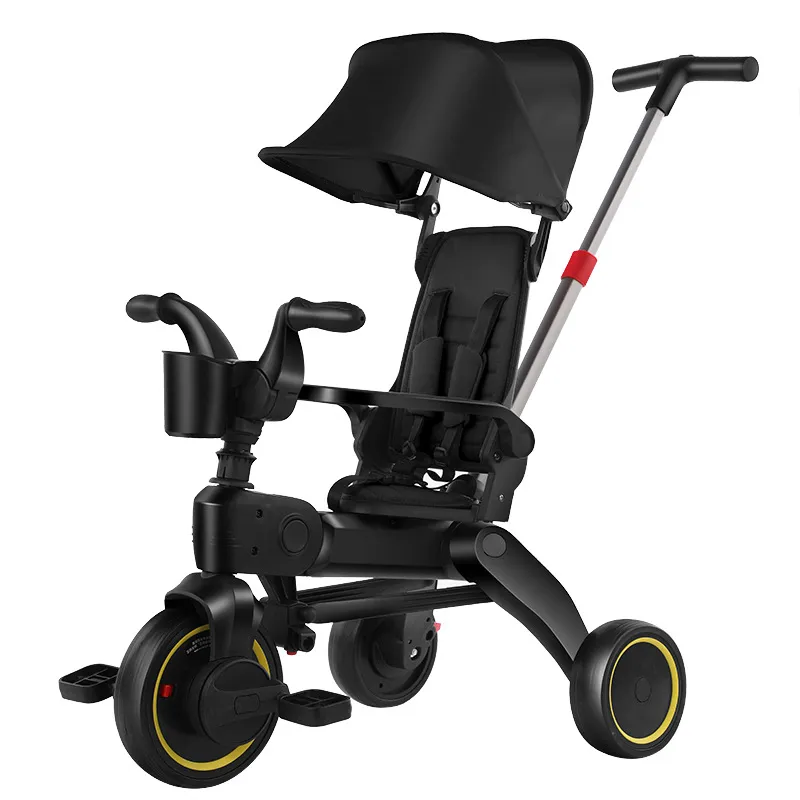mountain bike quality
The Importance of Quality in Mountain Biking
Mountain biking is an exhilarating sport that attracts adventure seekers and nature enthusiasts alike. However, the quality of the bike you ride can significantly impact your overall experience, safety, and performance on the trails. Investing in a high-quality mountain bike can make a world of difference, as it affects everything from durability and comfort to handling and responsiveness.
One of the primary factors determining mountain bike quality is the frame material. Common materials include aluminum, carbon fiber, and steel. Aluminum is lightweight and resistant to corrosion, making it an excellent choice for most riders. Carbon fiber, while more expensive, offers superior strength-to-weight ratios, allowing for better performance on rugged terrains. Steel, although heavier, provides a smooth ride and is known for its durability. Choosing the right frame material suited to your riding style and budget is essential.
Another critical aspect of mountain bike quality is the suspension system. Mountain bikes generally come with either hardtail (front suspension only) or full suspension (both front and rear). Hardtail bikes are lighter and require less maintenance, making them suitable for cross-country riding. In contrast, full-suspension bikes absorb more shocks and are ideal for rough, technical trails. The quality of the suspension components, such as the forks and rear shocks, also plays a significant role in ride quality, affecting traction, control, and comfort.
mountain bike quality

Wheels and tires are also crucial in determining a mountain bike's performance. Quality rims and spokes contribute to the bike's strength and ability to handle rough terrain. Tubeless tire systems can offer better traction and reduced risk of pinch flats, enhancing your riding experience. A good set of tires that match your chosen terrain will help you grip better and maneuver more efficiently.
Brakes are another component where quality matters greatly. Modern mountain bikes usually come equipped with either rim brakes or hydraulic disc brakes. Hydraulic disc brakes generally offer superior stopping power and modulation, allowing for better control, especially in steep descents. Investing in high-quality brakes will enhance your safety and increase your confidence while navigating challenging trails.
Furthermore, the drivetrain—comprising the gears, chain, and derailleurs—affects the bike's performance. A well-engineered drivetrain ensures smooth gear shifts and reduces the likelihood of mechanical failures, which can be particularly frustrating on the trails. A higher-quality drivetrain will provide a more enjoyable ride by allowing you to focus on the trail ahead rather than potential technical issues.
In conclusion, the quality of a mountain bike is paramount for both safety and enjoyment. Factors such as frame material, suspension type, wheel construction, brake system, and drivetrain all contribute to the overall performance and reliability of the bike. Whether you are a seasoned rider or a beginner, opting for a well-crafted mountain bike tailored to your specific needs can significantly enhance your riding experience, enabling you to explore the great outdoors with confidence.
-
kids-scooter-tiny-olympic-games-scooterathlonNewsAug.22,2025
-
kids-scooter-waves-xingtai-zhongzhous-global-rippleNewsAug.22,2025
-
baby-tricycle-oem-legacy-zhongzhou-forgedNewsAug.22,2025
-
xingtais-twin-tricycle-revolution-siblings-ride-togetherNewsAug.22,2025
-
baby-tricycle-design-inspired-by-ancient-armorNewsAug.22,2025
-
nfc-chip-enabled-oem-baby-tricycle-trackingNewsAug.22,2025
-
The Perfect Baby TricycleNewsAug.11,2025








